It’s been over two weeks since our initial post about the coronavirus (you can find that post here) and since #COVID-19 is still such a hot topic, this week’s post is focused on the updated facts since then.
The WHO issues Situation Reports for Coronavirus disease 2019 (COVID-19), and the latest one is number 29 reported on 18 February.
The situation in numbers (total and new cases in the last 24 hours)
Globally 73,332 confirmed (1,901 new), 1,870 deaths (98 new)
China 72,528 confirmed (1,891 new) 1,870 deaths (98 new)
Outside of China 804 confirmed (10 new) 25 countries, 3 deaths
Here is a visual representation of the current status: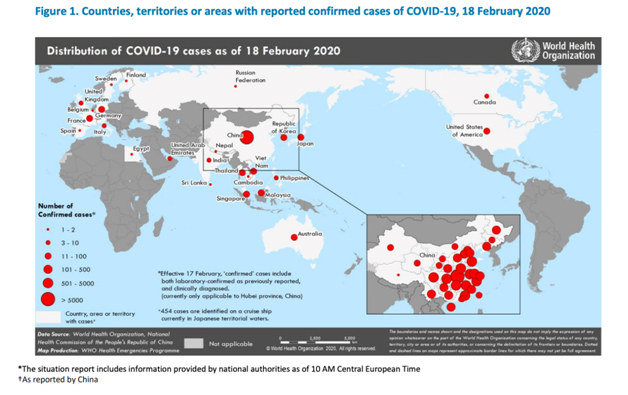
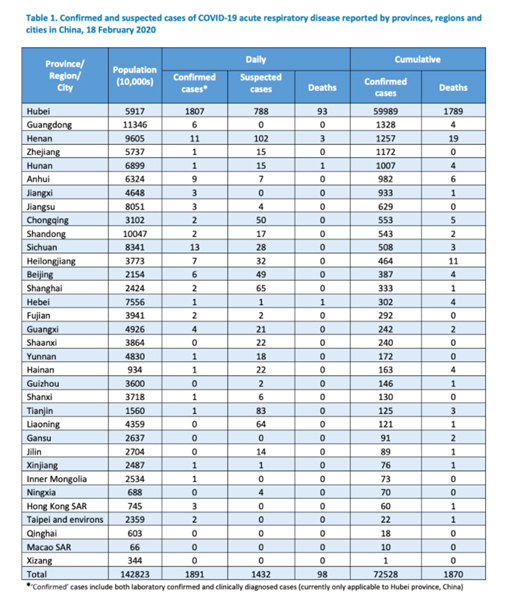
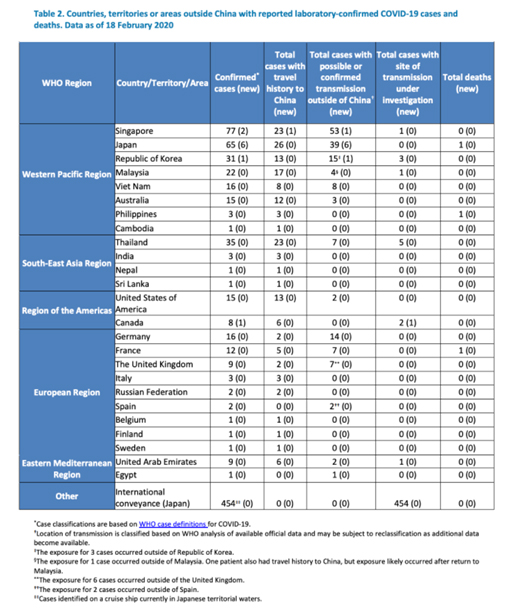
As there is a lot of fake news being spread (click here for an article from the Bangkok Post about this), below we have listed Myth Busters from the WHO:
Are hand dryers effective in killing the new coronavirus?
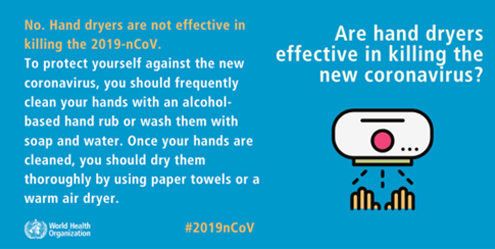
How effective are thermal scanners in detecting people infected with the new coronavirus?
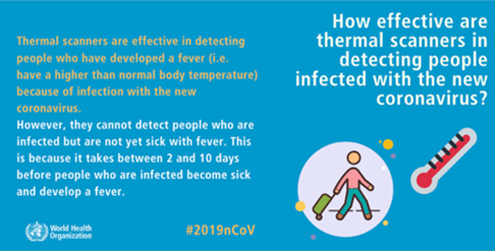
Is it safe to receive a letter or a package from China?
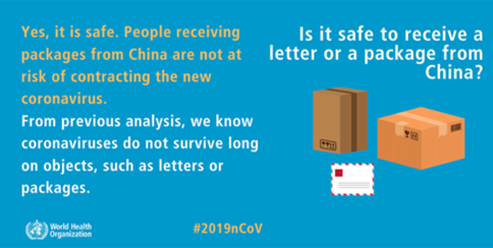
Does the new coronavirus affect older people, or are younger people also susceptible?
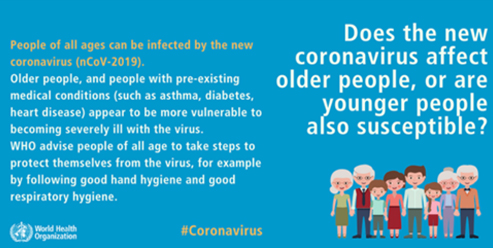
WHO’S Recommendations and Advice for the Public
During previous outbreaks due to other coronavirus (Middle-East Respiratory Syndrome (MERS) and Severe Acute Respiratory Syndrome (SARS), human-to-human transmission occurred through droplets, contact and fomites, suggesting that the transmission mode of the COVID-19 can be similar.
The basic principles to reduce the general risk of transmission of acute respiratory infections include the following:
- Avoiding close contact with people suffering from acute respiratory infections.
- Frequent hand-washing, especially after direct contact with ill people or their environment.
- Avoiding unprotected contact with farm or wild animals.
- People with symptoms of acute respiratory infection should practice cough etiquette (maintain distance, cover coughs and sneezes with disposable tissues or clothing, and wash hands).
- Within health care facilities, enhance standard infection prevention and control practices in hospitals, especially in emergency departments
WHO does not recommend any specific health measures for travellers. In case of symptoms suggestive of respiratory illness either during or after travel, travellers are encouraged to seek medical attention and share their travel history with their health care provider.
Another source we follow for news about COVID19 is @richardbarrow on Twitter. Here is his latest post:
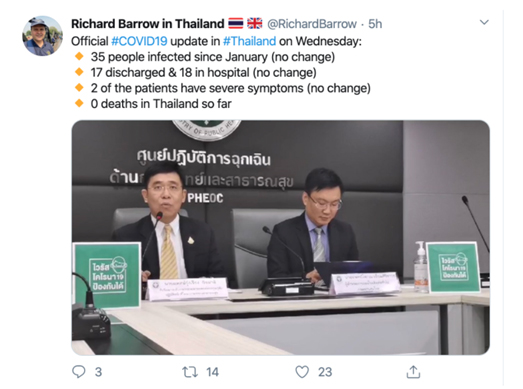
My personal opinion after reading everything from the WHO, Richard Barrow, other reliable news sources, and consulting with colleagues in the healthcare industry, is that we need to continue to practice hand hygiene and be mindful of our surroundings and decisions.
Information shared by Devi Bajaj
Founder and Director of Enliven Health Concierge
Below are links to some articles related to the information above:
- https://www.who.int/docs/default-source/coronaviruse/situation-reports/20200218-sitrep-29-covid-19.pdf?sfvrsn=6262de9e_2
- https://www.who.int/emergencies/diseases/novel-coronavirus-2019/advice-for-public/myth-busters
- https://www.who.int/emergencies/diseases/novel-coronavirus-2019
- https://twitter.com/RichardBarrow
#EnlivenConcierge#Coronavirus#CoronaVirusOutbreak#China#Wuhan#WorldHealthOrganization#2019nCoV#MythBusting#KnowTheFacts#Prevention